How to repel boxelder bugs from your yard – expert tips to keep these leafeaters away from your plants
Although they don't cause significant damage, boxelder bugs can interfere with the plants in your yard
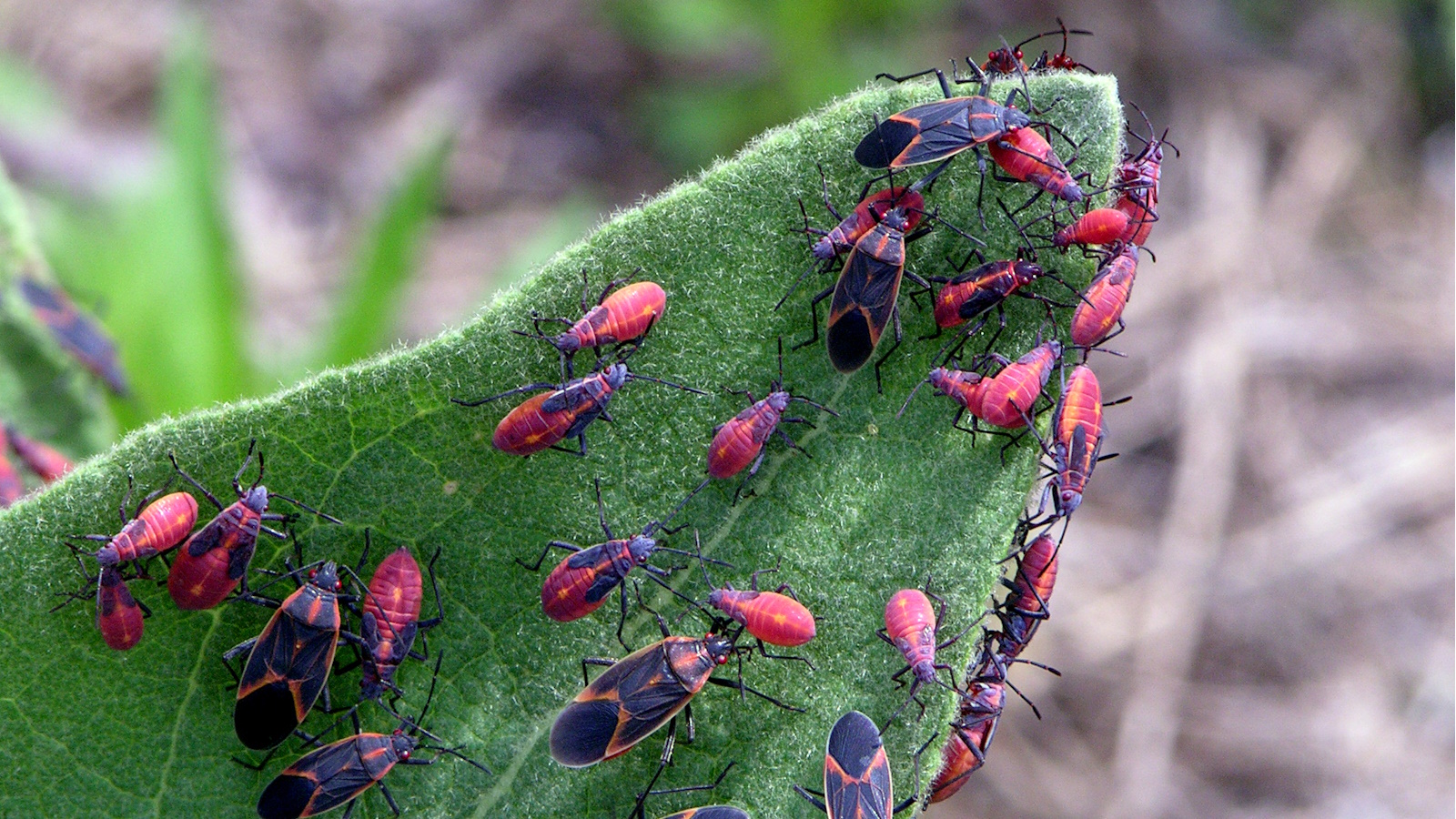

All gardeners will be familiar with the challenge of getting rid of garden pests that may harm your plants. Boxelder bugs are no exception, as these little black and red insects like to feed on the leaves and seeds of trees.
Just like getting rid of gypsy moth caterpillars, repelling June bugs and repelling cicadas, it can be a good idea to repel boxelder bugs to protect your leafy plants. Not putting the right precautions in place could risk them becoming damaged by boxelder bugs feeding on them. Although, experts say these bugs don't cause extensive harm to plant health.
We spoke to experts to find out more about boxelder bugs and what you can do to repel them from your yard.
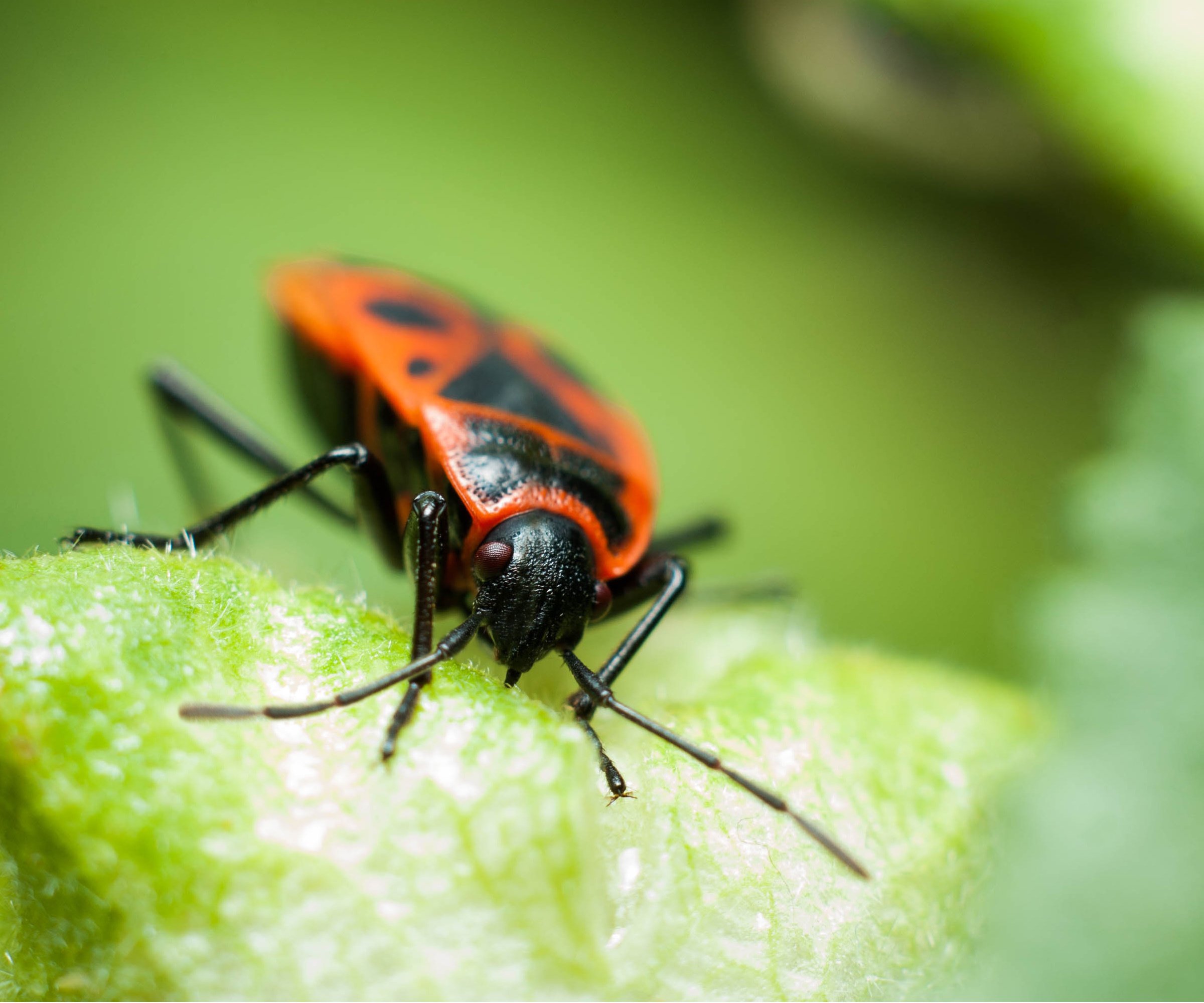
What damage do boxelder bugs cause to plants?
As the name might indicate, boxelder bugs are attracted to boxelder trees - and their feeding habits can affect new growth and the appearance of these trees.
'Boxelder trees are the primary host for boxelder bugs where they feed on the seeds and leaves,' says entomologist David Price.
'Various species of maple trees and, less frequently, certain fruit trees like apple and plum may also host these bugs,' notes Ryan Fowley, pest removal expert at Excel Pest Services.
Although, it's important to note that the damage these bugs cause isn't substantial long-term.
Design expertise in your inbox – from inspiring decorating ideas and beautiful celebrity homes to practical gardening advice and shopping round-ups.
'Most of the damage to the plants has to do with their appearance but does not typically affect the health of the plant,' David notes.
The other risk with boxelder bugs is that they can make their way into your home, pushing through cracks in buildings. Luckily, there are also plenty of ways to get rid of boxelder bugs from your home.

David Price is the Entomologist and Technical Director at Mosquito Joe. David is responsible for developing technical expertise, researching and introducing new product lines and services, training current and new service personnel, and ensuring quality service in field operation practices throughout the Mosquito Joe system.

Ryan is a pest removal expert and the Chief Operating Officer at Excel Pest Services, with an extensive career. He offers advice and help for common pest control problems.
How to repel boxelder bugs
Boxelder bugs will feed on plants in your yard if you don't take precautions to protect them. That's why it can be a good idea to repel boxelder bugs, and experts have shared with us the best methods to do so.
1. Remove boxelder trees from your yard
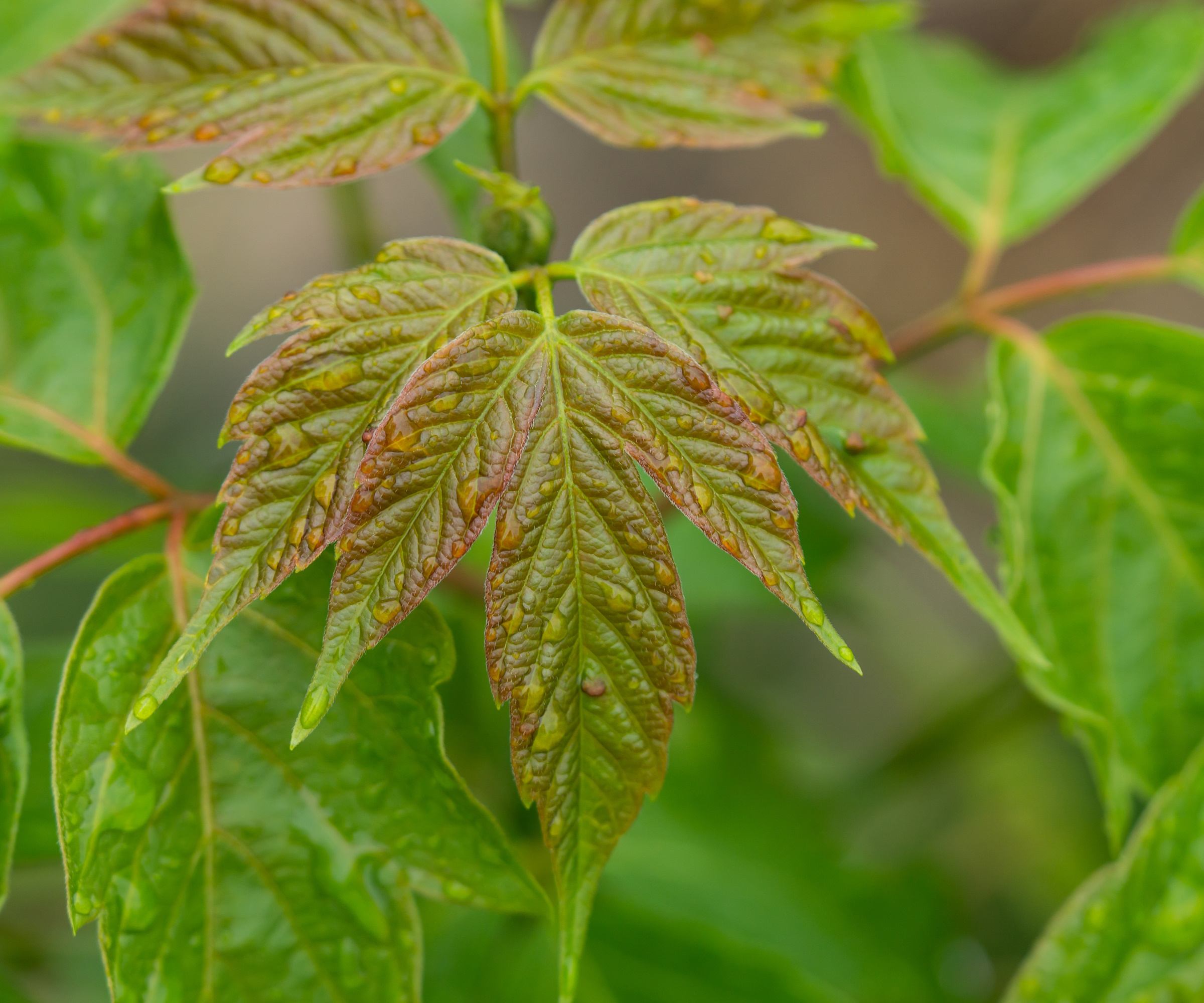
It may sound obvious, but the first point of call to prevent boxelder bugs in your backyard is not growing the plants they are attracted to.
'Removing or avoiding planting female boxelder trees near your home is the most effective, as these attract the bugs,' notes Ryan.
By taking away food sources for boxelder bugs, you make your yard uninhabitable and unattractive to them. This means that instead of growing boxelders, you should try opting for the best low-maintenance trees for a backyard that will still uplift your outdoor space and keep it free of these critters.
2. Spray soapy water around plants
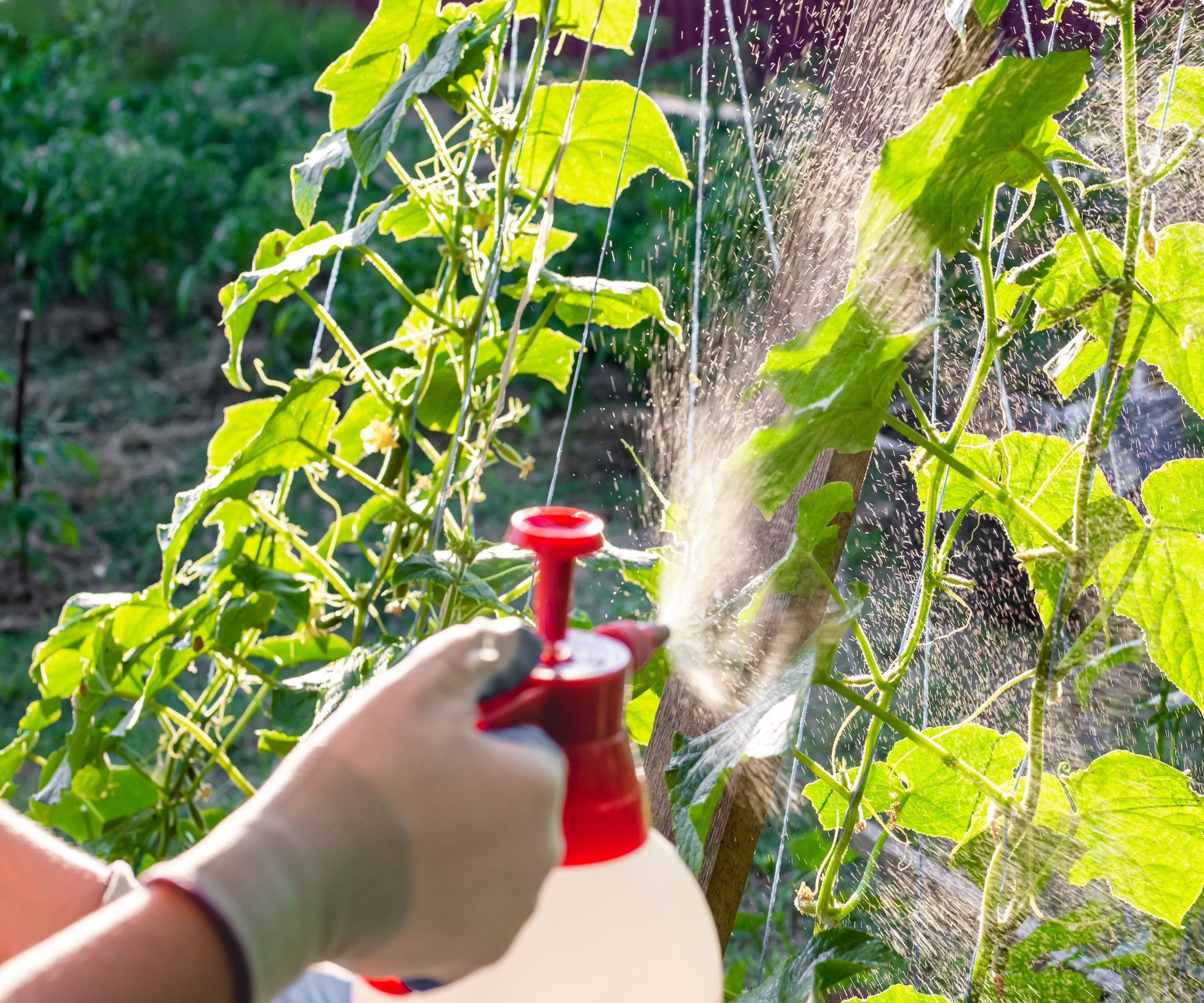
You can create a soapy water mixture as a natural repellent for boxelder bugs. This is also a good solution for getting rid of any infestations.
'Mix a few tablespoons of liquid soap with water in a spray bottle and spray directly on the boxelder bugs,' says David. 'The leftover scent from the soap can also deter them from coming back,' he adds.
Simply use a spray bottle, like these spray bottles from Amazon, and some liquid soap, like this liquid dish soap from Walmart, to make a homemade bug spray. You should aim to spray around the base of susceptible plants to create a repellent barrier.
3. Add fragrant plants to your yard
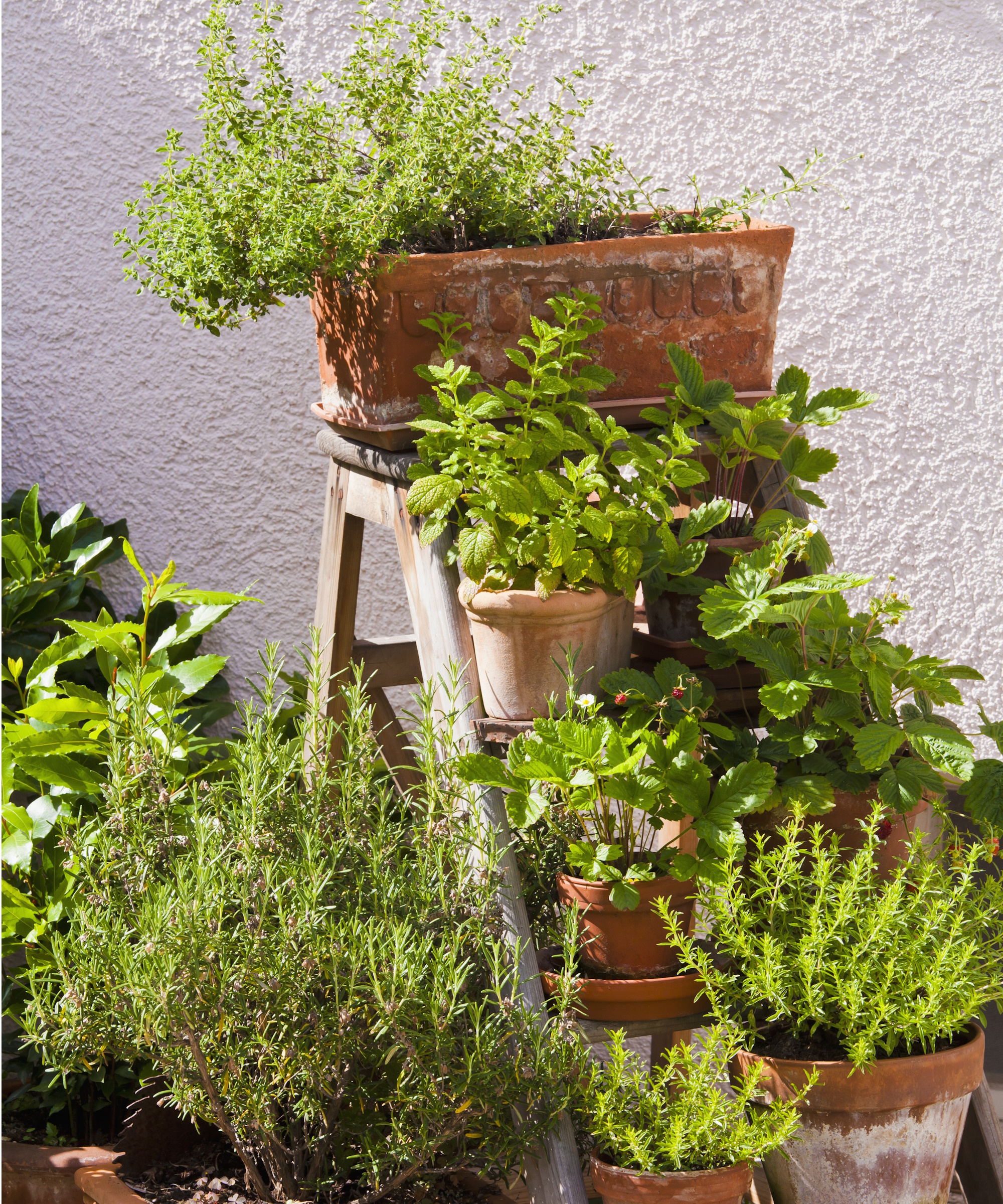
Like snake repellent plants and mouse repellent plants, there are strongly scented plants that will repel boxelder bugs. Planting a fragrant garden is therefore a good way to naturally deter these bugs from your yard.
'There are certain herbs’ scents that can help deter boxelder bugs like lavender or sage,' says David.
Planting a border of aromatic herbs and growing lavender, growing sage and more around the trees you want to protect can be an effective solution to steering boxelder bugs away from your yard. 'Some flowers like chrysanthemums also contain a natural insect repellent,' David notes.
You can find herb starter plants at supermarkets, like this rosemary plant from Walmart and this mint plant from Walmart.
FAQs
Does vinegar repel boxelder bugs?
Like many pests, boxelder bugs are sensitive to strong scents and can be naturally deterred by them. Vinegar can be an effective natural repellent, as a result. However, you should be aware that the acidic qualities of vinegar can harm some plants. If you do choose to use vinegar to repel boxelder bugs, or other pests, it can be a good idea to make a diluted spray with water. You also shouldn't solely rely on vinegar to repel boxelder bugs. The most effective method to keep them away is avoiding growing their host plants in your yard.
Although they don't cause serious damage to the health of plants, boxelder bugs can feed on certain trees and interfere with their appearance and growth. By putting some precautions in place to deter boxelder bugs, you can keep your plants safe.
You should also take care to get rid of boxelder bugs outside your house if you notice any because they do have a tendency to make their way indoors through cracks.

Tenielle is a Gardens Content Editor at Homes & Gardens. She holds a qualification in MA Magazine Journalism and has over six years of journalistic experience. Before coming to Homes & Gardens, Tenielle was in the editorial department at the Royal Horticultural Society and worked on The Garden magazine. As our in-house houseplant expert, Tenielle writes on a range of solutions to houseplant problems, as well as other 'how to' guides, inspiring garden projects, and the latest gardening news. When she isn't writing, Tenielle can be found propagating her ever-growing collection of indoor plants, helping others overcome common houseplant pests and diseases, volunteering at a local gardening club, and attending gardening workshops, like a composting masterclass.